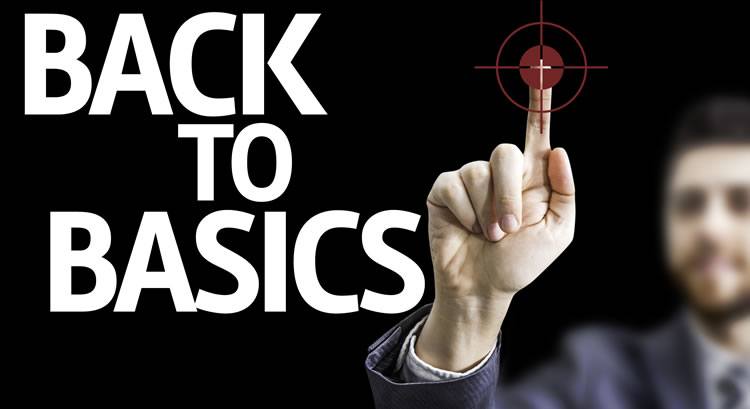Winning traders don't underestimate the psychological part of trading. Although you certainly cannot trade profitably without adequate capital or reliable trading strategies, your personal psychology also plays a significant role. Consider what master traders have said in interviews:
Mike emphasized how the markets often expose your inner demons: “there is nothing like the market to teach you who you are. You don't think you're greedy? You don't think you're fearful? You don't think you're complacent? You don't think you're overconfident? The market is going to find every monster.”
It's vital to be aware of your limitations and work around them. You may not fit the profile of the ideal trader, perhaps no trader does, but you can work with your personal assets to trade at your best.
Bo recommends finding a trading style that suits you: “Are you making money? That's the first thing you look at. If trading is a job for you, like it is for me, you have to find something that has an acceptable stress level. Otherwise, you can easily delve into the whole fear and panic emotional side of things, and put yourself into a state of ill health, give yourself an ulcer. So you have to find a style that you are successful with, and that puts you in the right state of mind. If you are going to do this every day, you have to be trading something that's comfortable and a pleasant experience for you.”
Finding the right trading style that suits you is important, but it's essential to remember the basics, such as money management. As Brandon reveals, “An edge that I have is good money management. I cut my losses quickly. If my trade isn't working, I'm done. I don't risk a lot of my money on each trade, only about half a percent per trade. Alex similarly advises following basic risk management principles: “I base how much I risk on the equity in my account, but I also look at the volatility of the stock and how much money I want to put at risk in any one position. I won't risk more than a couple percent in any position.
Bill suggests staying objective by closing positions occasionally and reevaluating how you feel about a trade: “One trick that I've learned in this business is to not get emotional. Don't fall in love with a stock, or be overly negative about a stock. Sometimes when you're totally in doubt about your position, kick it out and see if you want to start all over again. The hard part is kicking it out. But 90% of the time you won't want to start the same position all over again. But at other times, I can't wait to get right back in, which tells me it's probably the right position, since I've kicked it out and now I want back in.”
There are times when we are so focused on finding high probability setups and focused on our positions that we forget the basics. But it is always useful to recognize your limitations and work around them, build on your strengths and trade those setups that you are comfortable with, manage risk, and stay as objective as possible. The more you recognize the basics while trading, the more profits you will take home.
Article published with permission from the author.


